Ebola Flyer for Travelers
This flyer provides travelers’ information to raise awareness of Ebola, the signs and symptoms, modes of transmissions and actions to prevent the spread of Ebola.
Source: Ebola Flyer for Travelers
This flyer provides travelers’ information to raise awareness of Ebola, the signs and symptoms, modes of transmissions and actions to prevent the spread of Ebola.
Source: Ebola Flyer for Travelers
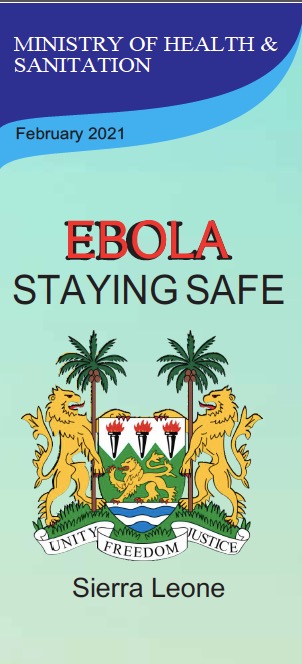 This illustrated brochure provides facts on EVD, how Ebola is spread, prevention methods and signs and symptoms.
This illustrated brochure provides facts on EVD, how Ebola is spread, prevention methods and signs and symptoms.
Source: Staying Safe Brochure
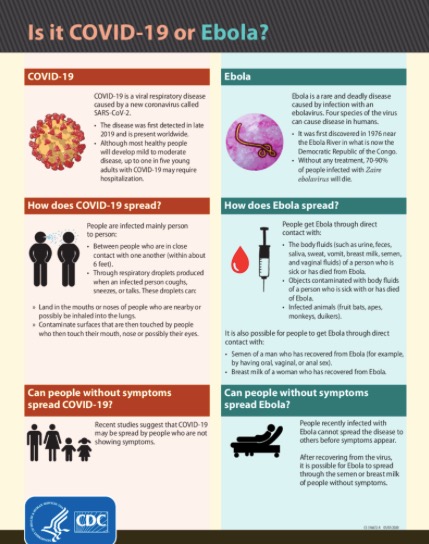 This fact sheet distinguishes between Covid-19 and Ebola in terms of cause, transmission, signs and symptoms and risk factors.
This fact sheet distinguishes between Covid-19 and Ebola in terms of cause, transmission, signs and symptoms and risk factors.
Sources:
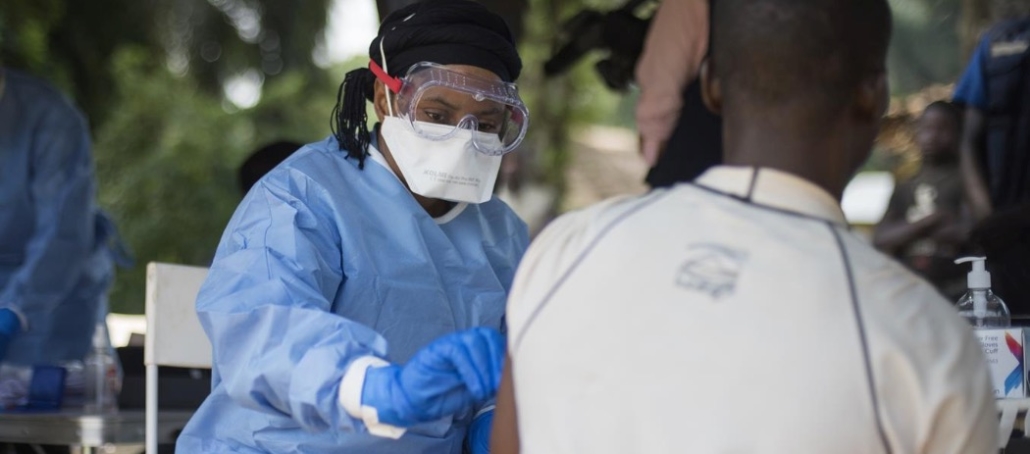 This WHO Ebola fact sheet (2021) provides comprehensive facts on Ebola, covering transmission, symptoms, prevention and control, vaccine, care for those recovered from Ebola and WHO response.
This WHO Ebola fact sheet (2021) provides comprehensive facts on Ebola, covering transmission, symptoms, prevention and control, vaccine, care for those recovered from Ebola and WHO response.
Source: WHO Ebola Fact Sheet
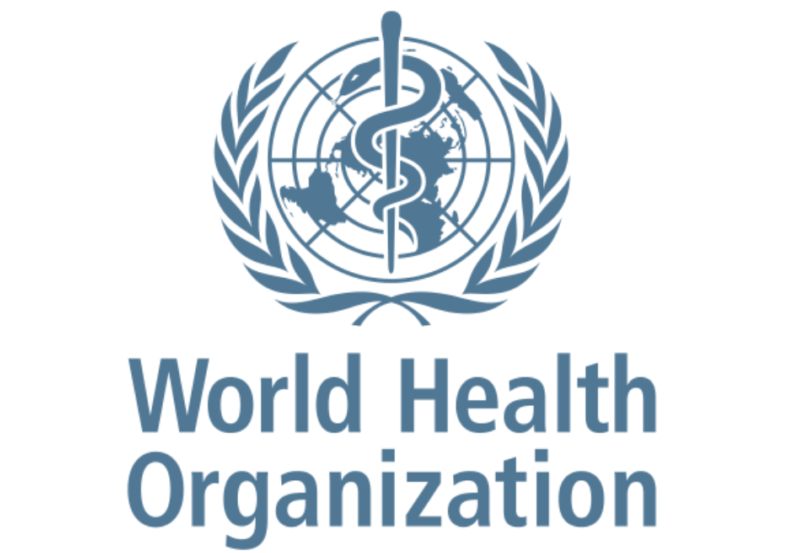
This fact sheet provides updated (2020) facts on Ebola Vaccines, addressing vaccine licensing, distribution, eligibility, adverse effects, ring vaccines and the role vaccines in outbreak control.
Source: Ebola FAQ’s (WHO)
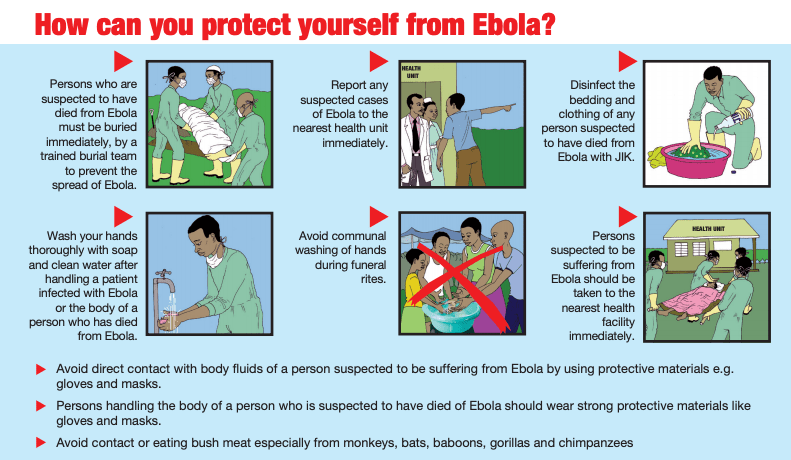 This A4 fact sheet provides facts on EVD with illustrations, including signs and symptoms, modes of transmission and prevention.
This A4 fact sheet provides facts on EVD with illustrations, including signs and symptoms, modes of transmission and prevention.
Source: Fact Sheet – Facts About Ebola
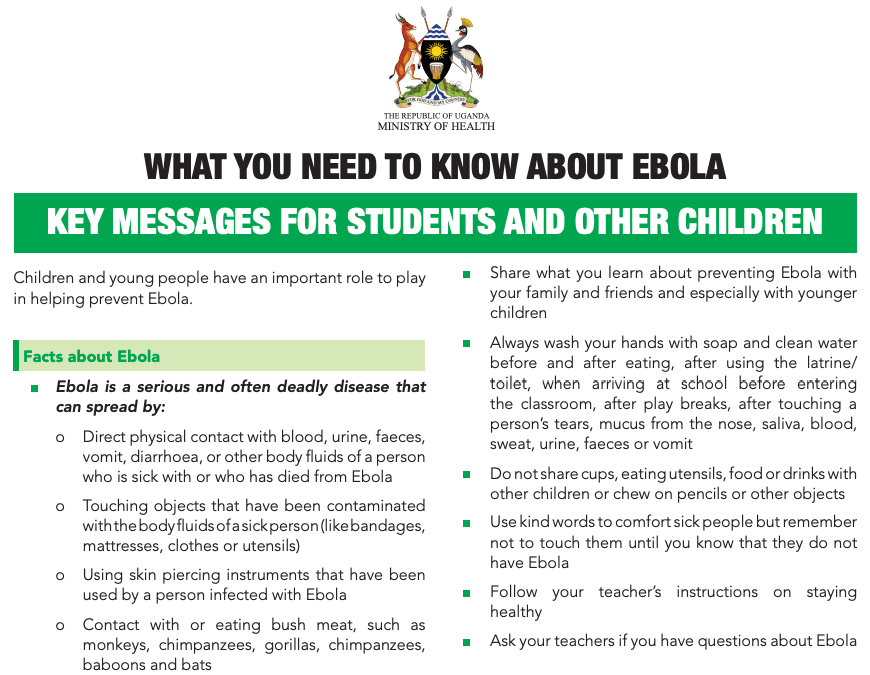 This facts sheet and poster provides key messages for students and children including general facts about EVD, signs and symptoms and what to do if they feel sick or develop symptoms.
This facts sheet and poster provides key messages for students and children including general facts about EVD, signs and symptoms and what to do if they feel sick or develop symptoms.
Sources:
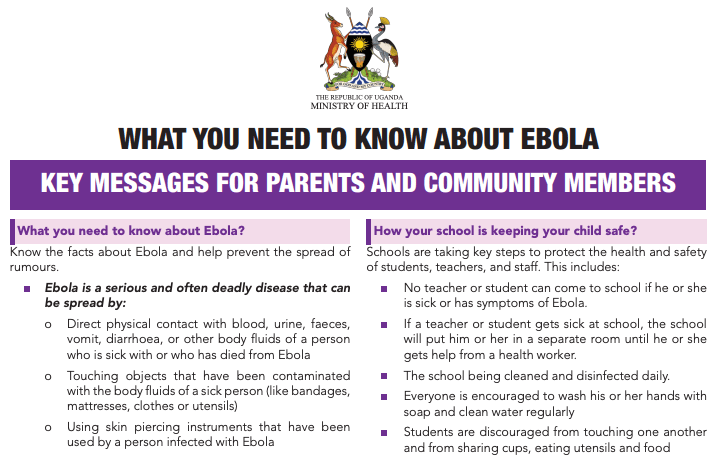 This facts sheet provides key messages for parents and community members on basic facts about EVD, signs and symptoms, modes of transmission, and steps to take to keep children safe at school and at home.
This facts sheet provides key messages for parents and community members on basic facts about EVD, signs and symptoms, modes of transmission, and steps to take to keep children safe at school and at home.
Source: Fact Sheet – What you need to know – Parents and Community Members
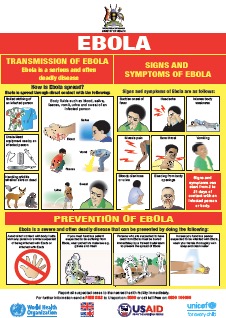 This illustrated poster provides general EVD facts, signs and symptoms, modes of transmission and prevention.
This illustrated poster provides general EVD facts, signs and symptoms, modes of transmission and prevention.
Source: Ebola Poster
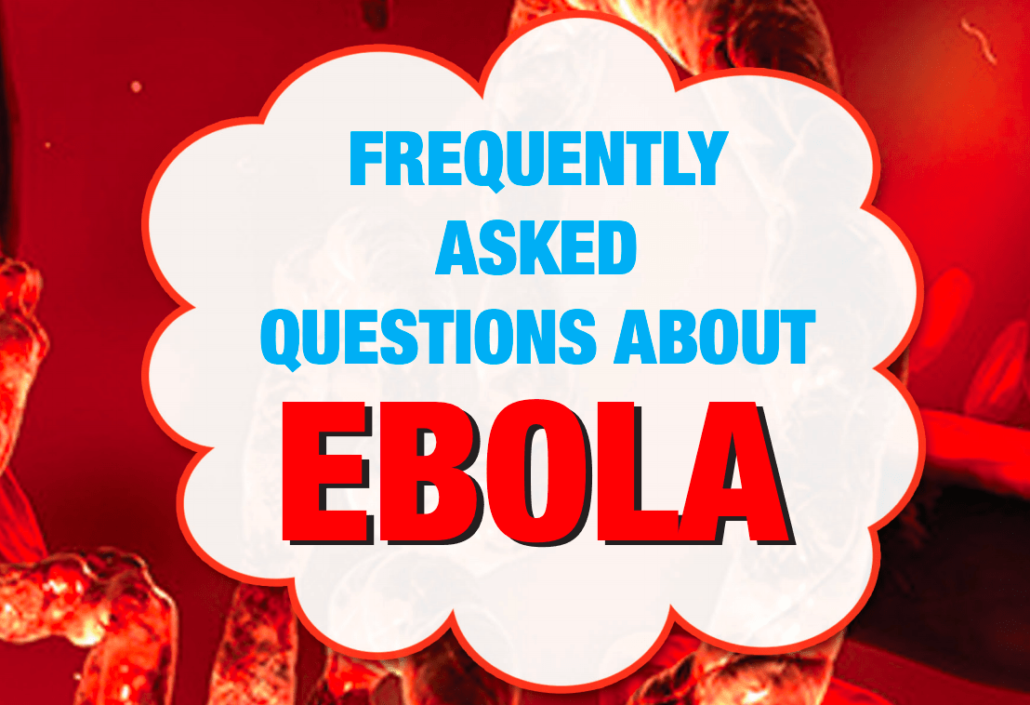 This illustrated booklet addresses Frequently Asked Questions about EVD, including general facts, modes of transmission, prevention, treatment and common misconceptions.
This illustrated booklet addresses Frequently Asked Questions about EVD, including general facts, modes of transmission, prevention, treatment and common misconceptions.
Source: Ebola Q&A Booklet

The Ebola Communication Network was originally developed by the Health Communication Capacity Collaborative (Cooperative Agreement #AID-OAA-A-12-00058) and expanded under Breakthrough ACTION (Cooperative Agreement #AID-OAA-A-17-00017) both under the leadership of Johns Hopkins Center for Communication Programs. This website is now maintained by Johns Hopkins Center for Communication Programs and its contents are the sole responsibility of CCP. The contents of this website do not necessarily reflect the views of USAID, the United States Government, or Johns Hopkins University.
